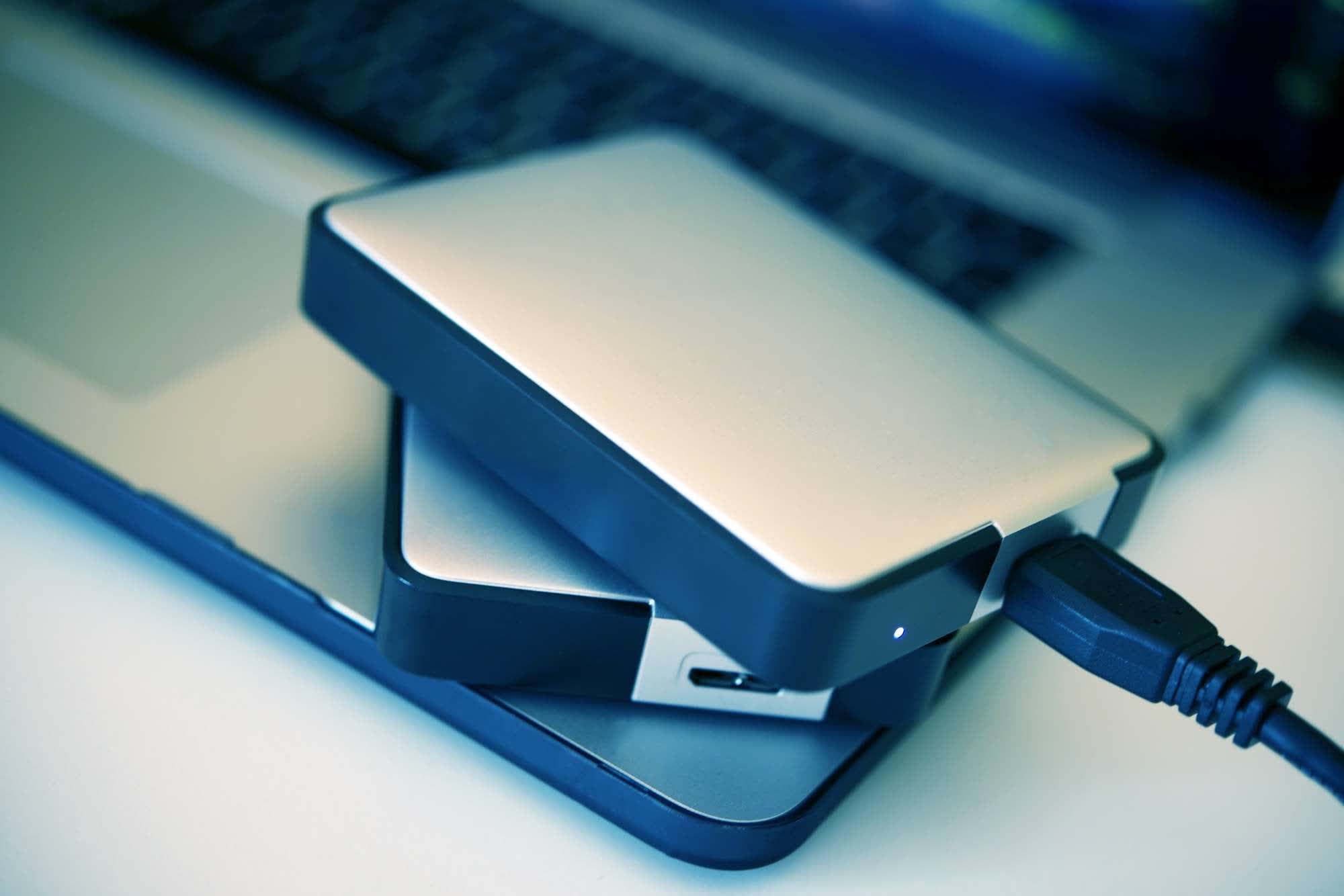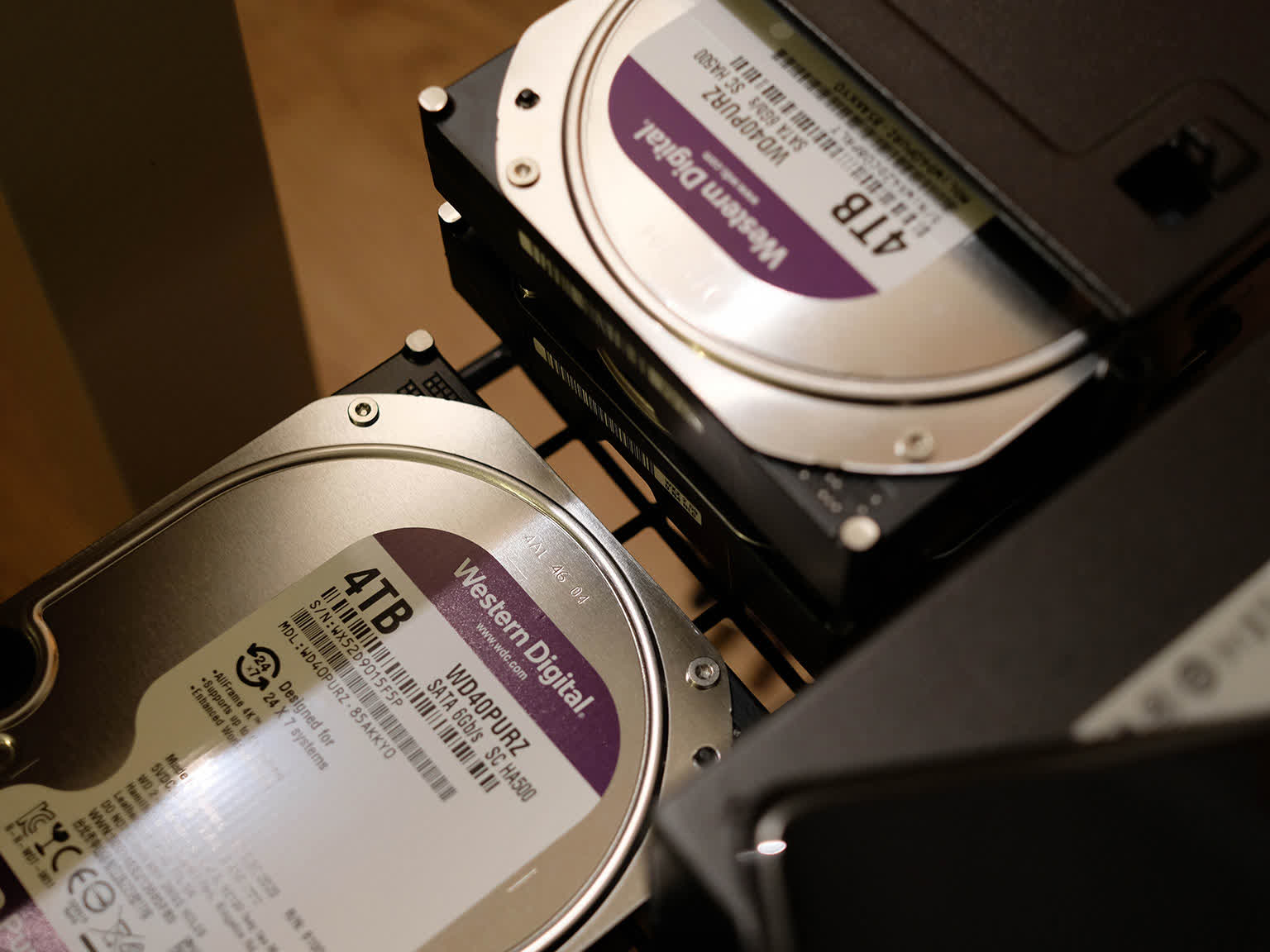World Backup Day: Today is the day to gather strength for dusting off that portable backup drive, examining the health of all your storage devices and re-evaluating your data backup strategy. After all, data loss is not a matter of if, but when. Spend some time on March 31, celebrated as World Backup Day, to ensure your important data is properly backed up.
The tech community thrives on the difference of opinion, where some passionate individuals usually bring out the pitchforks, keenly typing away their responses in debates around pros and cons of a particular operating system, CPU/GPU brand, or any other piece of computer hardware/software and associated IT practices.
However, one practice that's universally accepted and encouraged in tech is keeping a backup of all your important data, and doing it regularly. This data may be digitized albums of your old paper photos, GBs (or TBs) of games and media that you frequently access, or any other files and documents that you can't afford to lose. Don't have a list of currently installed programs? Why not make one today for some added peace of mind.

It's also highly recommended to keep a backup of your backup. Simply having one in the first place is a step in the right direction, but having redundant backups can be a life-saver in case your sole backup source gets lost, damaged or becomes permanently inaccessible.
Local storage options like HDDs or SSDs do fail eventually (or instantly on a bad day) but they offer speed, capacity, portability (if an external drive), and are cheaper to replace if you're proactive with backups.
Cloud storage, meanwhile, does have the convenience of being remotely accessible, quickly synchronizable and is stored off-site. However, your data is ultimately backed up on another company's server, which raises privacy/trust issues of its own, and it isn't a suitable option if you're handling very large files.

Regardless of where you decide to keep your backup, there are lots of free tools available to help you get going. Although it requires a good (and continuous) investment of time and money, you can also follow the 3-2-1 backup rule, which is a widely recommended strategy for safeguarding against data loss. It implies:
- Creating 3 x copies of your data
- Storing 2 of these copies on at least 2 types of storage media (e.g. USB flash or external drive)
- Keeping 1 of these copies off-site
Following this plan will ensure you're not putting all your eggs in one basket. If you find your backups are ballooning in size, then it may be time to invest in network attached storage (NAS). Having lots of disk space on your network is not only good for backups but also opens up other possibilities like creating a media server or an easily accessible data repository.
https://www.techspot.com/news/93998-celebrate-world-backup-day-checking-backup-storage-strategy.html